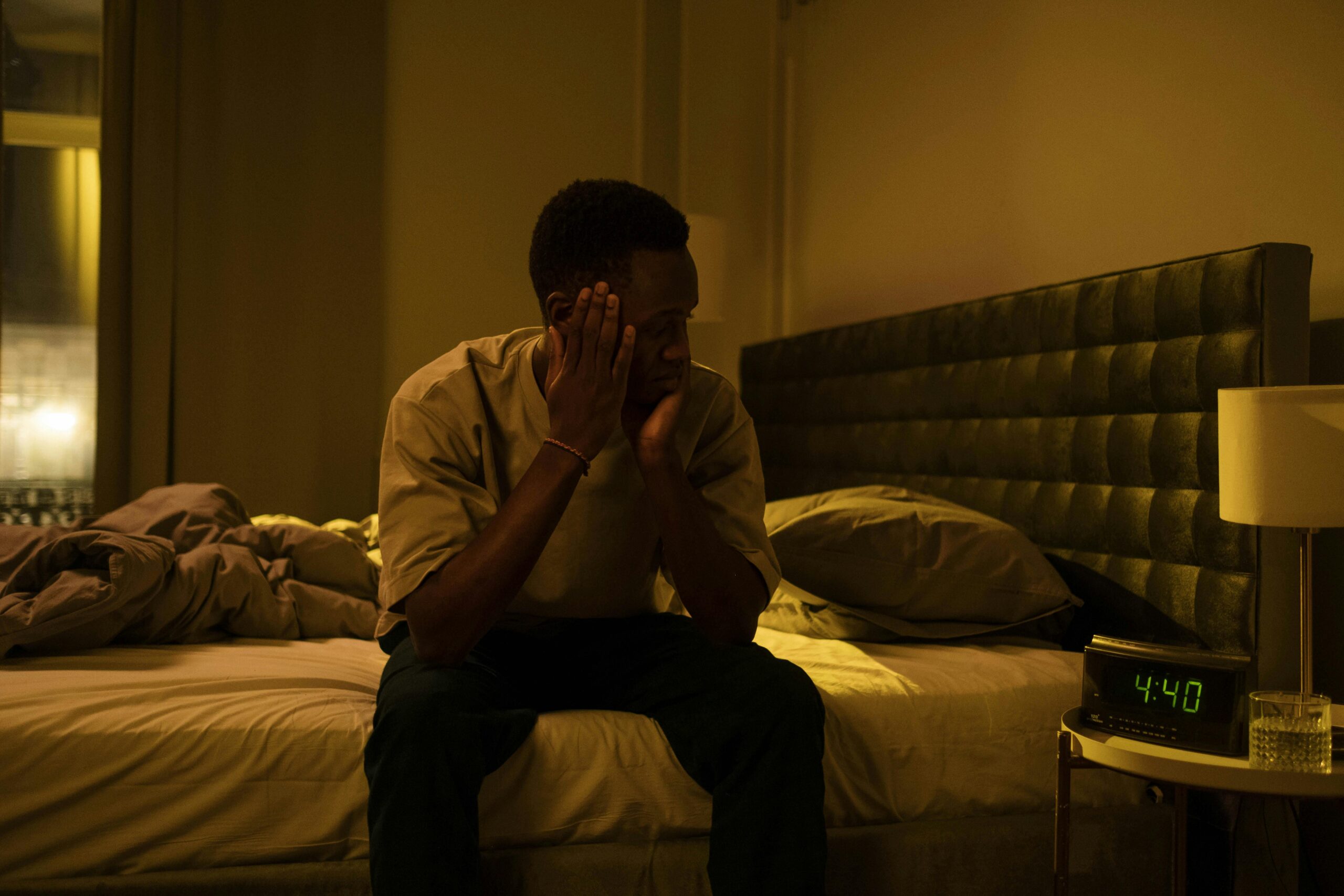Restful Nights: Tips and Techniques for Overcoming Sleep Issues
- Home
- /
- Blogs
- /
- Anxiety & Stress
- /
- Restful Nights: Tips and Techniques for...

According to the National Sleep Foundation, most healthy adults need about seven hours of sleep each night. Unfortunately, when you struggle with sleep issues, getting anywhere near seven hours can seem impossible. It’s estimated that about 30% of adults in the U.S. deal with symptoms of insomnia. Whether something physical, mental, or emotional is keeping you awake, not getting enough sleep can wreak havoc on your overall well-being.
Of course, not getting enough sleep each night can also be frustrating, creating a vicious cycle. You might go to bed already assuming you won’t sleep, causing anxiety and even anger. Those things can make it difficult to get the rest you need, perpetuating the problem. Thankfully, there are things you can do to overcome sleep issues and get the rest you deserve. Let’s cover a few helpful tips and techniques that can make a difference.
Create a Sleep Routine
Do you have a nightly routine? Or, do you just hop into bed whenever you feel like it? Improving your sleep hygiene means establishing a routine that centers around quality sleep.
Start going to bed around the same time each night, and waking up at the same time each morning. This can help to “train” your circadian rhythms and make it easier to fall asleep when you’re supposed to.
Avoid Electronics
There’s no question that we live in a fast-paced, digital world. Your smartphone might be attached to you constantly throughout the day. But, if you’re scrolling through social media or texting your friends to unwind at night, you could be doing more harm than good.
Many electronics give off a certain type of “blue light” that can stimulate your mind, making it difficult to fall asleep right away after using them. Additionally, depending on what you’re viewing, the content could trigger anxious thoughts that cause you to toss and turn all night.
Try to avoid using electronics for at least an hour before bed. It can be helpful to have your phone in a different room, if possible, so you’re not tempted to start scrolling.
Don’t Stay in Bed
If you just can’t sleep, you might think forcing yourself to stay in bed is the best thing to do. But, you’re less likely to get enough shut-eye that way. In fact, your mind might start to frustrate you. The more you think about not being able to sleep, the more anxious you’re likely to feel.
If you’ve been tossing and turning for a while, get out of bed and go into a different room. Try to do something that helps you feel calm and relaxed. Read a chapter of a book. Write in a journal. Practice mindfulness or meditation. When you start to feel sleepy, go back to your room and try to fall asleep again.
Get Physical
Most people recognize the physical benefits of exercise. But, did you know it can also make it easier to get a good night’s sleep? As early in the day as possible, try to participate in some kind of physical activity. Regular exercise can help you feel “tired” and make it easier to fall asleep at night, especially if you tend to struggle with anxious thoughts.
Find Ways to Reduce Stress
Sometimes, stress could be the underlying cause of your sleep issues. If you’re feeling anxious, depressed, or dealing with other mental health issues, being able to work through them can help. If you feel like stress or anxiety is preventing you from getting the sleep you need, consider reaching out for help. Therapy is a great way to not only get to the bottom of any mental health issues but also to learn effective strategies to reduce stress and anxiety.
If you’re interested in learning more or you’re ready to set up an appointment, feel free to contact Baltimore Counseling Center today.
